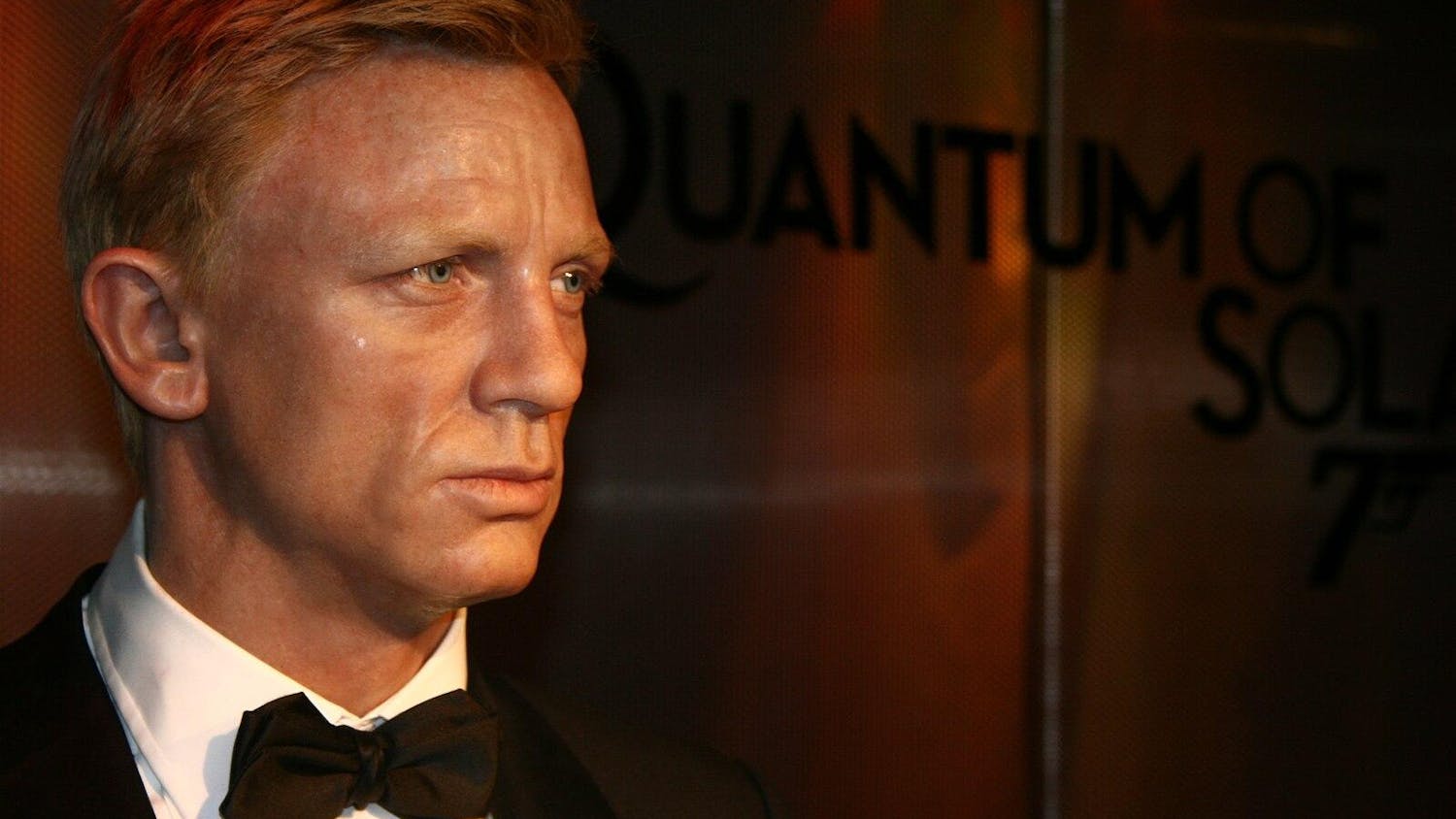Every morning millions of people log on to Facebook to check messages from their friends, create events, "like" Chad Ochocinco or simply ogle pictures of the pretty girl in their math class.
But have you ever wondered about the story behind the $25 billion online networking endeavor? Loosely based on the book "The Accidental Billionaires: The Founding of Facebook, A Tale of Sex, Money, Genius and Betrayal" by Ben Mezrich, "The Social Network" is a riveting and eye−opening biography of controversial Facebook founder Mark Zuckerberg.
As filming for "Social Network" got underway, the perfect ingredients fell into place. While Mezrich wrote his book, Aaron Sorkin, the mastermind behind "A Few Good Men" (1992) and "The West Wing" (1999−2006), began the script for a film adaptation. David Fincher, acclaimed director of "Fight Club" (1999), signed on to direct and Hollywood hotshot Scott Rudin threw his hat in the ring as producer.
Perhaps one of the most talented film triumvirates ever, the trio was able to balance creative input and ego to make the best film of the year so far.
Fincher's talents obviously aid the mounting suspense of the film, but Sorkin's script provides the true flash of genius. Up until now, Zuckerberg has been shrouded in mystery; many people know that he has been tied up in lawsuits regarding the creation of Facebook, but most disregard rumors as distorted hearsay.
"The Social Network" provides a seemingly accurate depiction of the chronology of Facebook, according to reliable sources formerly close to Zuckerberg, dating back to a drunken blog−tirade in Zuckerberg's Harvard dorm room in 2003. Yet Sorkin's script is an intricate tapestry that has considerable depth. Rather than slander Zuckerberg's name and pit the audience against him, Sorkin portrays him as a character that arouses simultaneous feelings of disgust and sympathy.
Sorkin's polished use of dialogue also adds to the depth of the script. He sets the tone in the first scene with a captivating exchange between Zuckerberg and his then−girlfriend, Erica (Rooney Mara), revealing at the same time both Zuckerberg's awkward behavior and his condescending nature.
As most moviegoers can attest, a top−notch script does not ensure film perfection. Instead, Fincher had to rely on the performances of up−and−coming young actors. Jesse Eisenberg excels at capturing the narcissism and the eccentricities of Zuckerberg — who used his own face as the logo of the original Facebook homepage — while counteracting his loathsome traits with an inherent likeability and an underlying naïveté.
Rather than be outperformed by Eisenberg, Andrew Garfield, who plays Zuckerberg's original co−founder, Eduardo Saverin, shines throughout the film. He oozes emotion through his passionate portrayal of the best friend who is unjustly ousted from a multi−billion dollar pursuit.
One other notable figure in the film is Armie Hammer, a stalwart star who succeeds in playing both of the divergent personalities of the Winklevoss twins (or "Winklevi"), Cameron and Tyler, a duo who believe that they sowed the seed that blossomed into Facebook.
The one blemish on an otherwise perfect casting job happens to be the sought−after Justin Timberlake. Though J.T. never ceases to make crowds laugh as a recurring "Saturday Night Live" guest, he seems uncomfortable and out of place as the wheeling and dealing creator of Napster, Sean Parker.
Though there has been some contention about the factuality of the film from Zuckerberg himself, "The Social Network" is a highly believable thrill ride. Throughout all of the litigation periods, sinister scheming and drunken web design projects, there is truly never a dull moment in the movie. The many interwoven storylines are intense and hit home with an audience that understands the magnitude of Facebook. "The Social Network" reflects all of the capitalistic whims that turn college kids into millionaires and friends into plaintiffs.
The film truly defines the college−age generation and depicts an unsettling picture of peer judgment and group exclusivity. But the most haunting part of the film experience happens after you have left the theater: The very next time you turn on a computer and log onto Facebook, things will never be the same.





